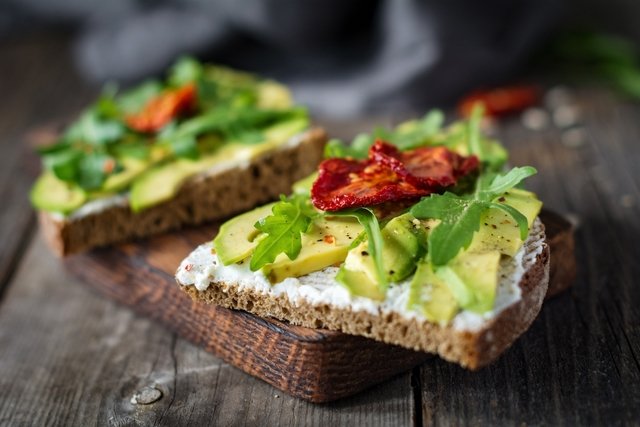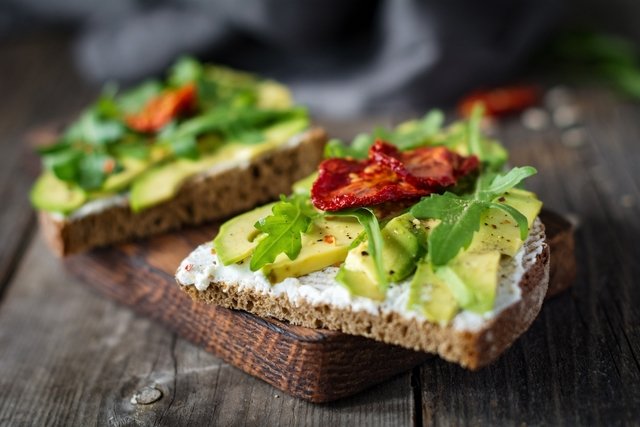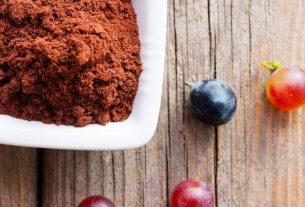Fried foods, soft drinks, spicy foods or raw vegetables are some foods that should not be consumed on an empty stomach, especially by those who suffer from poor digestion or have a more sensitive stomach.
To start the day with energy, a good mood and without the feeling of a heavy stomach, good alternatives are: yogurt, hot or scrambled eggs, tea, bread, cornflakes or oatmeal and fruit, for example.
Foods that require more gastric movements or more digestive enzymes, when consumed too early, can be difficult to digest, causing excess gas, poor digestion, heartburn, a feeling of fullness or abdominal pain.

Some foods that should not be consumed on an empty stomach are:
1. Soft drinks
Soft drinks such as cola or guarana should never be drunk first thing in the morning as they can cause stomach pain and excess intestinal gas, which causes abdominal pain and discomfort. Furthermore, soft drinks are also rich in sugars and dyes, and should therefore be replaced whenever possible with natural fruit juices that contain vitamins and minerals or with teas.
2. Tomato
Although tomatoes are an excellent option for other occasions of the day, when consumed in the morning they can end up increasing stomach acidity, which can cause heartburn or increase discomfort and pain in those with gastric ulcers.
3. Spicy foods
Spicy foods, which contain a lot of pepper or black pepper, are also not the best option for breakfast, as they can cause stomach irritation or increase acid production.
4. Raw vegetables
Vegetables such as courgettes, peppers or kale, for example, despite being the basis for a rich and varied diet, can be difficult to digest, which is why in most people they can cause excess gas, poor digestion, heartburn, and a feeling of fullness. or abdominal pain.
5. Fried foods
Fried foods such as pastries, croquettes or coxinha should also not be part of breakfast, as they can cause poor digestion and heartburn.
Furthermore, fried foods should only be consumed in moderation, as when consumed in excess they contribute to the emergence of other problems, such as obesity, cholesterol and the accumulation of abdominal fat.
What to eat for breakfast
For breakfast, the ideal is to focus on simple, nutritious and fiber-rich foods, such as:
- Oat: in addition to being rich in fiber, it also helps reduce bad cholesterol and reduces appetite;
- Fruits: some fruits such as pineapple, strawberry, kiwi or apple are excellent options to eat for breakfast, as in addition to being low in calories, they are rich in fiber and water, helping to regulate the intestine and reduce bloating and appetite;
- Granola, wholemeal or cereal bread: as a source of carbohydrates, granola and wholemeal bread are great options, as they are rich in fiber, vitamins and minerals, which help you lose weight and regulate bowel function;
Because breakfast is one of the most important meals of the day, which should never be ignored or skipped. Understand what happens to your body when you don’t eat breakfast.

Sign up for our newsletter and stay up to date with exclusive news
that can transform your routine!
Warning: Undefined array key "title" in /home/storelat/public_html/wp-content/plugins/link-whisper-premium/templates/frontend/related-posts.php on line 12
Warning: Undefined array key "title_tag" in /home/storelat/public_html/wp-content/plugins/link-whisper-premium/templates/frontend/related-posts.php on line 13





